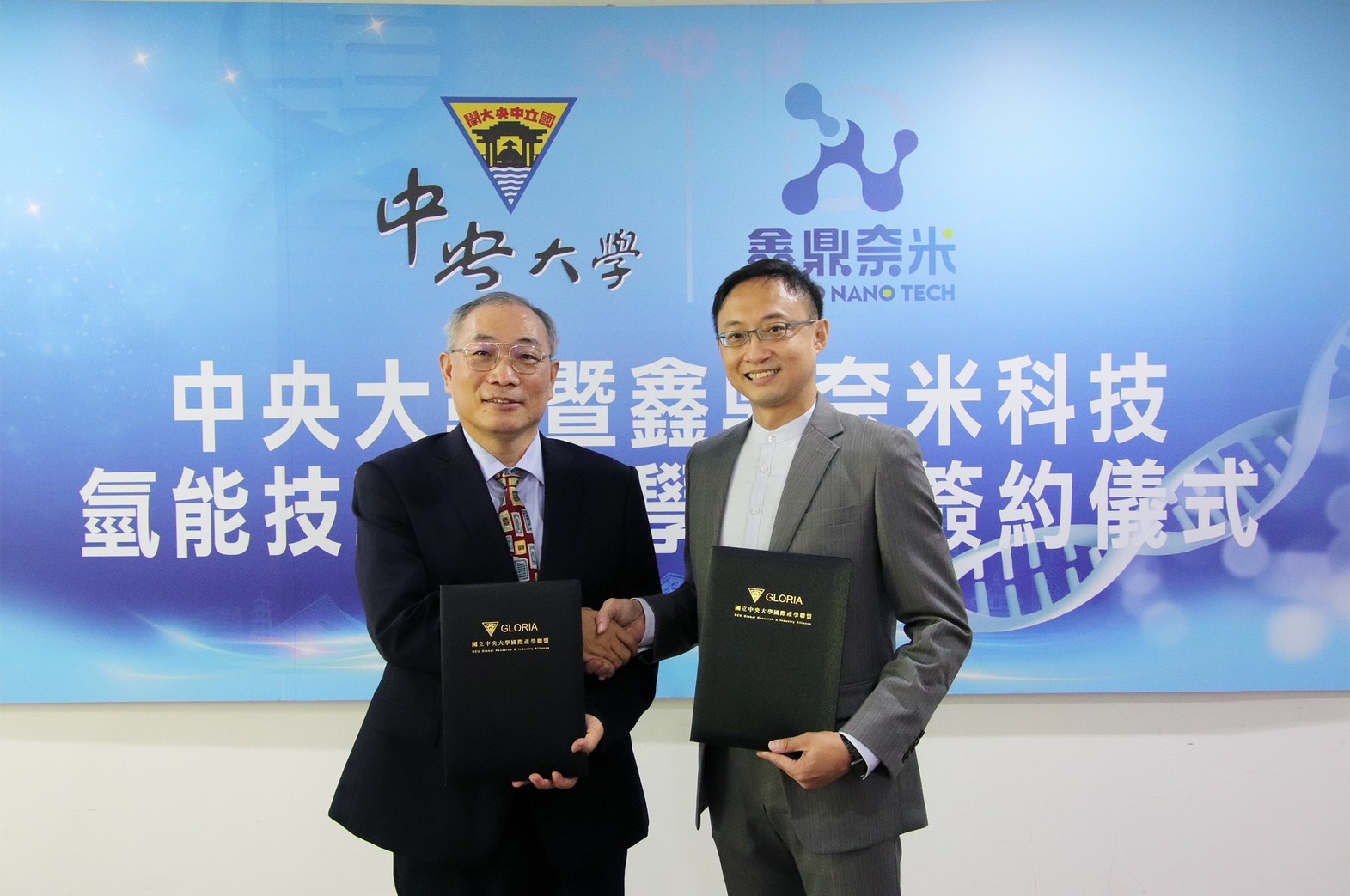Academic News

National Central University and Tripod Nano Technology have announced a joint effort to advance the key technology research and development of " Hydrogen Production From Seawater , " This is important and a crucial step for Environmental, Social, and Governance (ESG),which towards zero-carbon emissions. Currently, over 96% of hydrogen in Taiwan is made by natural gas reforming. Due to limitations in the capacity of receiving stations and storage tanks for imported natural gas, the scale of hydrogen supply is restricted. Professor Wei-Hsuan Hung from the Institute of Material Science and Engineering at NCU, in collaboration with Tripod Nano Technology, has initiated a key technology research and development project for seawater hydrogen production. The project aims to address issues such as anticorrosion from chloride in seawater that reduces equipment's lifespan. Professor Hung extensive research on the synthesis of high-entropy catalytic materials, in collaboration with Chair Professor Yeh Jien-Wei from the High Entropy Materials Center at National Tsing Hua University. The developed materials exhibit fracture resistance, tensile strength, corrosion resistance, and oxidation resistance, and these characteristics make them as crucial materials against seawater erosion. Cooperated with Tripod Nano Technology's well-established and extensive expertise in nanomaterial synthesis, the unique synergistic effects of composite catalytic materials that enhance hydrogen production efficiency. This collaboration is the essential foundation for the future joint research and development of seawater electrolyzers for hydrogen production. The innovative technology of hydrogen production from seawater proposed by the this team,which can take advantage the Taiwan's high-entropy material technology together with abundant seawater resources, further reducing the production cost of hydrogen and achieving self-sufficiency in Taiwan's hydrogen energy.

